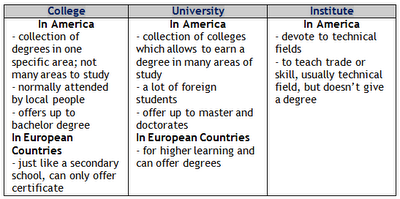How safe is a Solex lock? I guess not only Solex, but other brands also. I lost keys of this lock and I had a chance to observe a lock repairer. It did not take him much time to make a new key for me. It took him about 2 minutes to observe what's specific inside the lock.
Then, he started numbering on side of the lock so that he knows what to do with a new key without any mark on it yet.
Later, he started highlighting on a brand new key and scraped it. He scraped as he looked at the numbers on the lock. Simply, without even further modification. After he finished scraping, the key simply worked well with the lock.
In total, it took him about 10 minutes to make a new key of the lock. Simple as that. Think Solex is safe? Think again.
He only looked and numbered on the lock and made a new key for me. This is pretty dangerous if later he decides to change his job :D
What is a safer way to protect our house? Please kindly suggest.












